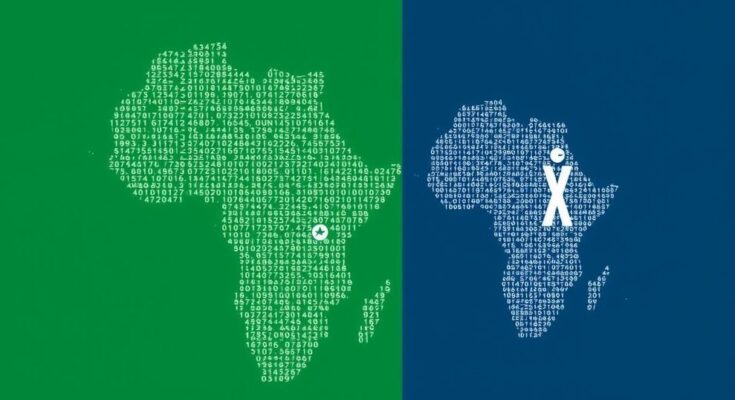Kenya and the Democratic Republic of Congo are primary beneficiaries of recent IMF and World Bank reforms, which aim to increase access to concessional funding and reduce debt servicing costs. Changes include elimination of surcharges on loans and a significant increase in PRGT funding, addressing the needs of low-income countries that have suffered under rising debt and interest rates. Experts emphasize the importance of deploying these funds wisely to tackle developmental challenges.
Kenya and the Democratic Republic of Congo (DRC) are recognized as significant beneficiaries of recent reforms introduced by the International Monetary Fund (IMF) and the World Bank. These changes primarily aim to assist low-income African nations by increasing access to concessional funding and alleviating debt servicing burdens. World Bank President Ajay Banga pledged, during the institution’s annual meetings in Marrakesh, Morocco, to implement measures that would directly benefit highly indebted countries in Africa. In a noteworthy development, the IMF has announced adjustments that relieve at least seven nations, including Kenya, from paying surcharges on borrowed funds by expanding the borrowing limit from its General Resources Account. Surcharges, which are additional fees applied to loans that exceed established thresholds or repayment timelines, were initially imposed to discourage dependence on IMF funding. Previously, countries borrowing over 187.5% of their quota faced surcharges of at least 2%. The recent reforms raise this borrowing limit to 300%, effectively reducing debt servicing costs for six African nations. IMF Managing Director Kristalina Georgieva stated, “The reform will lower IMF borrowing costs for members by 36 percent, or about $1.2 billion annually.” This change particularly favors sub-Saharan African countries, with Kenya being the only nation in the region that had commenced payment of surcharges this year, amounting to approximately $4.6 million. As part of these reforms, the IMF’s board has also approved an increase in the annual funding available under the Poverty Reduction and Growth Trust (PRGT), more than doubling it to $3.8 billion. This facility, which provides zero-interest loans to low-income countries, is crucial for recovery from economic shocks and for funding essential development initiatives. Both Kenya and DRC have emerged as top borrowers from the PRGT, indicating their heightened dependence on concessional funding. The relief from surcharges and the increase in access to PRGT funds come at a critical moment for Nairobi and Kinshasa, as they navigate the challenges posed by rising interest rates and high risks of debt distress. Nevertheless, experts underscore that these financial reforms must be complemented by strategic allocation of funds to foster sustainable development and avoid perpetuating existing structural issues.
The International Monetary Fund (IMF) and the World Bank play vital roles in global economic stability, offering support to nations, especially those facing economic challenges. The recent reforms initiated by these institutions emphasize the need to provide greater assistance to economically vulnerable countries, particularly in Africa. With debts soaring and the impacts of the COVID-19 pandemic still felt, these reforms were designed to ease financial burdens and enhance economic recovery efforts for low-income nations. As countries continue to depend on concessional lending to address their financial crises, modifications to borrowing thresholds and conditions represent a significant shift in financial policy.
In summary, the recent initiatives by the IMF and World Bank to support countries like Kenya and the DRC reflect a critical recognition of the financial challenges faced by low-income nations. By eliminating surcharges and increasing access to concessional funding, these reforms hold the promise of alleviating debt pressures and promoting economic recovery. However, it is essential for governments to strategically utilize these funds to foster sustainable development and ensure the long-term financial health of their economies.
Original Source: www.theeastafrican.co.ke




